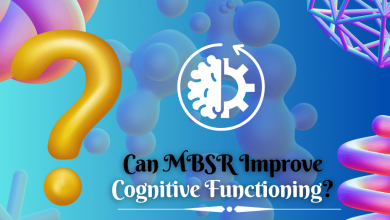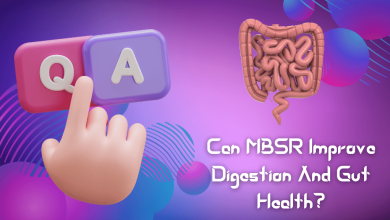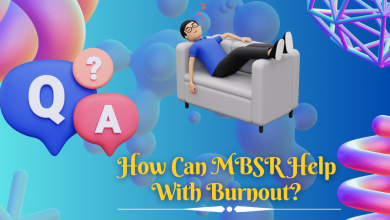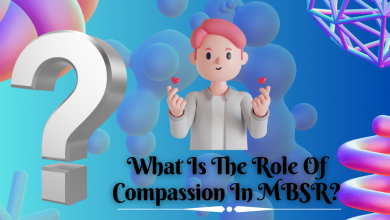What Is The Primary Goal Of Mindfulness-Based Therapies?
The primary goal of mindfulness-based therapies is to increase present-moment awareness and promote acceptance of experiences without judgment or reaction.
What Is Mindfulness-Based Therapy?
Mindfulness-based therapy is a therapeutic approach that aims to enhance present-moment awareness through mindfulness practices, such as meditation and yoga.
Mindfulness-based therapy is rooted in the Buddhist practice of mindfulness, which involves paying attention to the present moment with a non-judgmental attitude.
What Is The Primary Goal Of Mindfulness-Based Therapies?
The primary goal of mindfulness-based therapies is to help individuals become more aware of their thoughts, feelings, and bodily sensations in the present moment.
This increased awareness can lead to greater acceptance of experiences without judgment or reaction, allowing individuals to respond to stressors in a more adaptive manner.
How Does Mindfulness-Based Therapy Work?
Mindfulness-based therapy works by teaching individuals to become more aware of their thoughts, feelings, and bodily sensations in the present moment.
Through mindfulness practices, individuals learn to observe their experiences without judgment or reaction.
This increased awareness can help individuals to develop a greater sense of emotional regulation and resilience, allowing them to respond to stressors in a more adaptive manner.
What Are Some Examples Of Mindfulness-Based Therapies?
There are several different types of mindfulness-based therapies, including:
- Mindfulness-Based Stress Reduction (MBSR): MBSR is an eight-week program that teaches individuals to cultivate mindfulness through practices such as body scans, sitting meditation, and yoga.
- Mindfulness-Based Cognitive Therapy (MBCT): MBCT is an eight-week program that combines mindfulness practices with cognitive behavioral therapy to help individuals manage negative thought patterns and prevent relapse of depression.
- Dialectical Behavior Therapy (DBT): DBT is a type of therapy that incorporates mindfulness practices along with other techniques to help individuals manage intense emotions and improve relationships with others.
- Acceptance and Commitment Therapy (ACT): ACT is a form of mindfulness-based therapy that emphasizes acceptance of difficult thoughts and emotions, while also encouraging individuals to take action toward their values and goals.These are just a few examples of mindfulness-based therapies, and there are many others that have been developed to address specific issues or populations.








